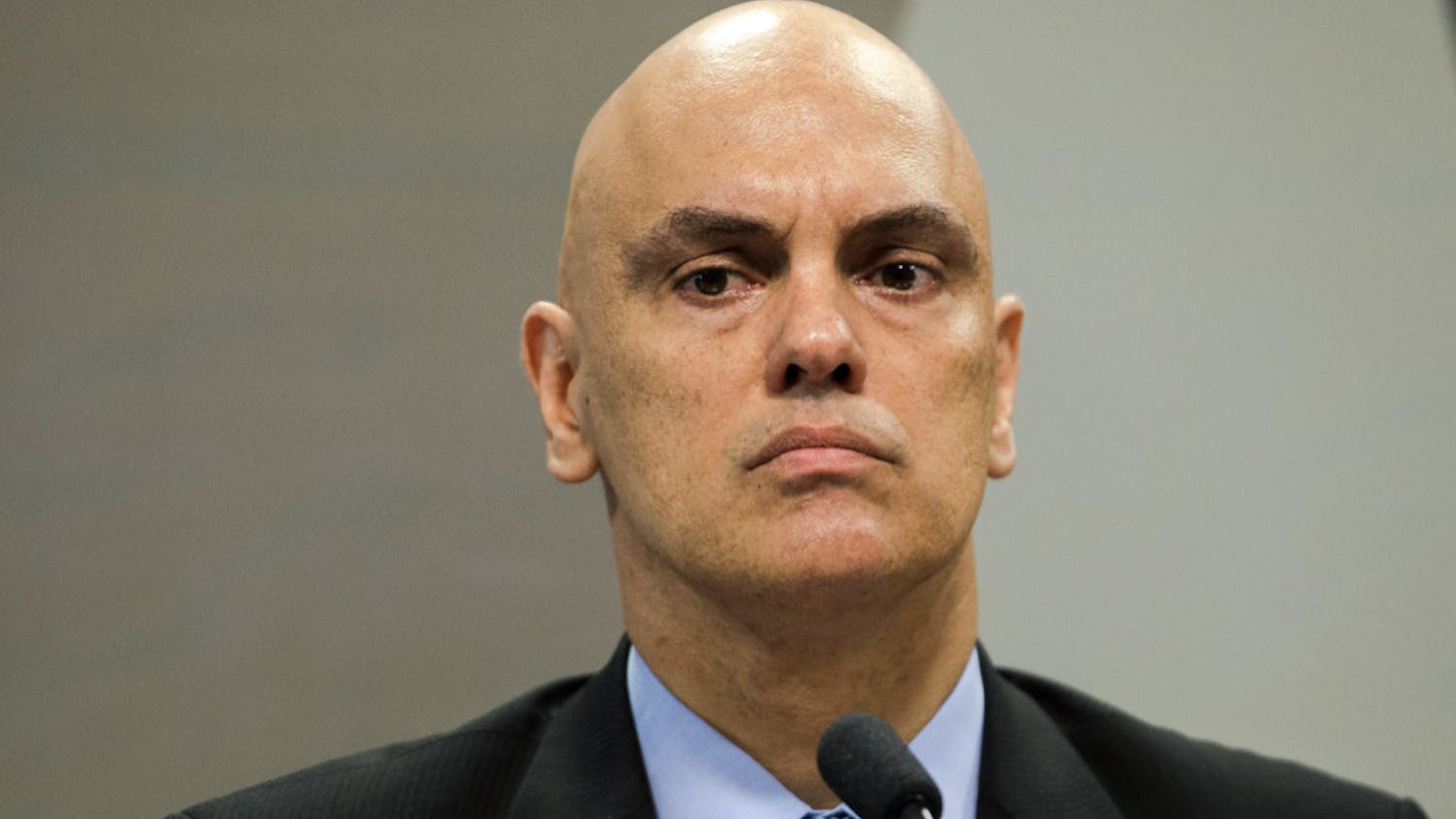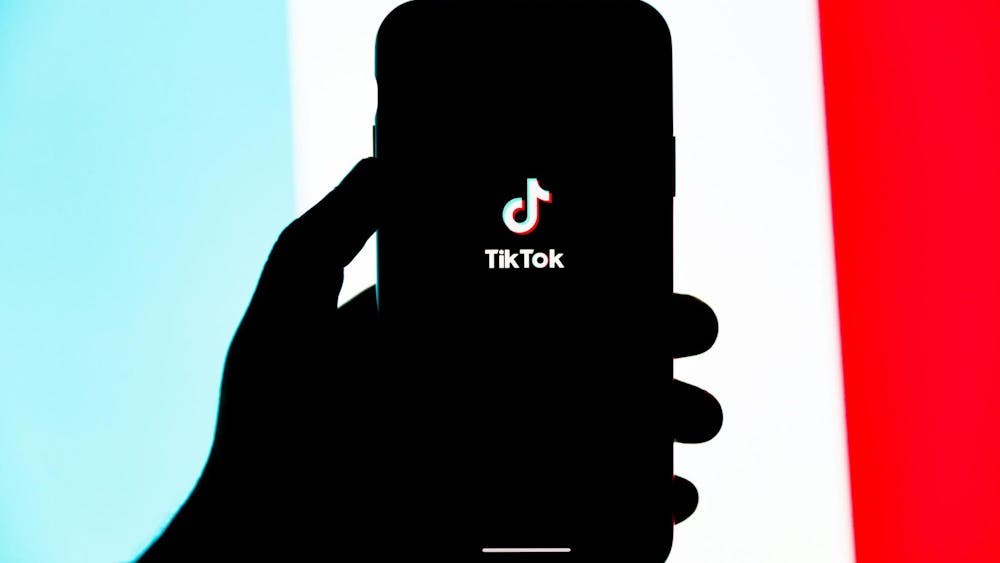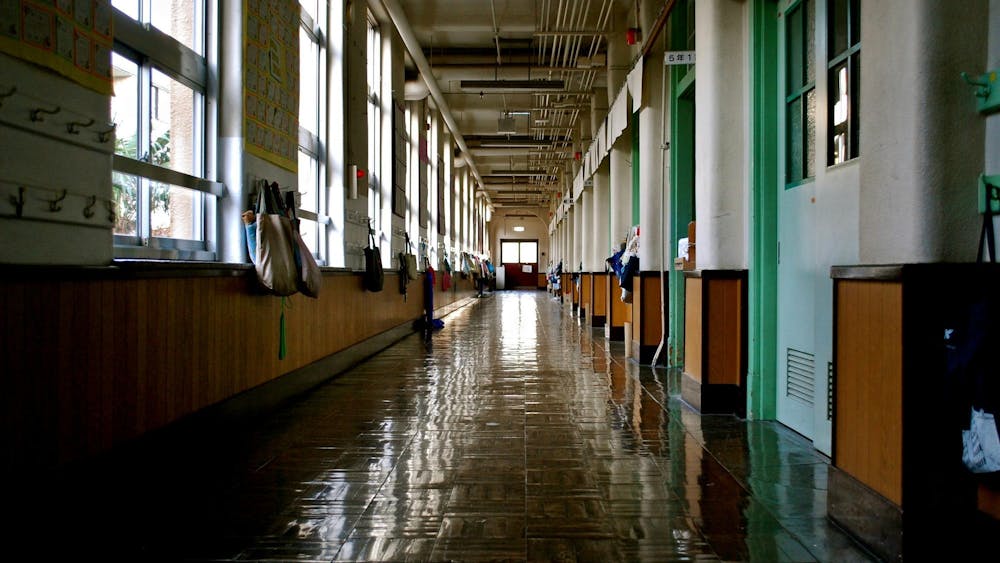“Can I ask you a very direct question? Do you struggle with using pornography?”
In my role in Campus Ministry, I have asked this question several times over the past year. Each time I asked, the respondent simply said “yeah.” I ask not to shame or guilt the responder, but to bring out into the open that which had been hidden away, to name out loud what each of those incredible people had been vaguely dancing around. Finding themselves behind in school work or distant in their relationship with God, they had consistently talked about “bad habits that I just keep falling into,” or “not being proud of some of the things I’ve been doing” or “not getting my work done or sleeping because I’ve just been wasting time scrolling on the internet.”
There is a sense of peace and power in naming something aloud or having it named aloud to us. It gives a certain amount of control and reality to it. And this is what I have found in these encounters and what compels me to write this. If you struggle with using pornography, you need to talk about it.
I get it. It’s not easy to talk about sex or matters of physical intimacy seriously. We default to joking about it and not treating it with the respect it deserves. We assume since we’re at Notre Dame we’re not supposed to talk about it. We can idolize those who treat it so casually and fall into patterns of speech and behavior that objectify human persons. All of this, of course, while we secretly desire just to have someone(s) with whom we can be frank, open and honest. But, that would mean awkwardness. Spoiler: I’ve been married over five years to the love of my life and it still can be awkward at times to talk about sex with her. We fear this awkwardness. Often, the avoidance of this awkwardness just leads to more awkwardness, particularly in navigating romantic relationships.
In the case of porn, the avoidance of naming it and the fear of speaking about it tends to lead to something much stronger — shame. There is something about the pursuit of pleasure at the expense of others that naturally brings this about. My experience in the residence halls at Notre Dame as an undergrad, RA and AR, my experience in Campus Ministry for five years and the insights from my colleagues would support that there is a significant amount of shame around pornography on our campus.
We are not created for shame. God created us for love.
I write this article not to tell you that if you use porn, you should feel ashamed. There is enough of that out there already and that’s really not my style. I write this to tell you that you are loved, by God and by many others, and that you don’t have to feel so alone.
That’s the symptom of shame. It isolates us and makes us want to hide away parts of who we are. The best way I know how to work against this is to name it, out loud to someone. It is to shed light on the darkness. By no means am I recommending telling everyone, but telling someone, talking about it, is the first step away from the stronghold of shame. Tell a friend, an RA or trusted mentor. Tell a campus minister, a counselor or confessor. (Not-so-subtle plug here for Campus Ministry’s “Need to Talk?” 7:00 p.m.-9:00 p.m., Monday-Thursday in CoMo). There are many people who are here to walk with you and support you, but we can only do so if you allow us in. Set up a time to meet with me, clearly it’s something I’m not afraid to talk about.
Will it be awkward? Probably … but the freedom that it can allow is worth it. The freedom to love yourself and others as God does. The freedom to accept love and to treat yourself and others with the respect deserved by a child of God.
I will simply close with one of my favorite passages from scripture that I believe highlights this:
“There is no fear in love, but perfect love casts out fear; for fear has to do with punishment, and whoever fears has not reached perfection in love. We love because God first loved us.” - 1 John 4:18-19.
Mike Urbaniak serves in Campus Ministry as the Assistant Director of Pastoral Care and can be reached at murbania@nd.edu. Learn more about Campus Ministry at CampusMinistry.nd.edu.













